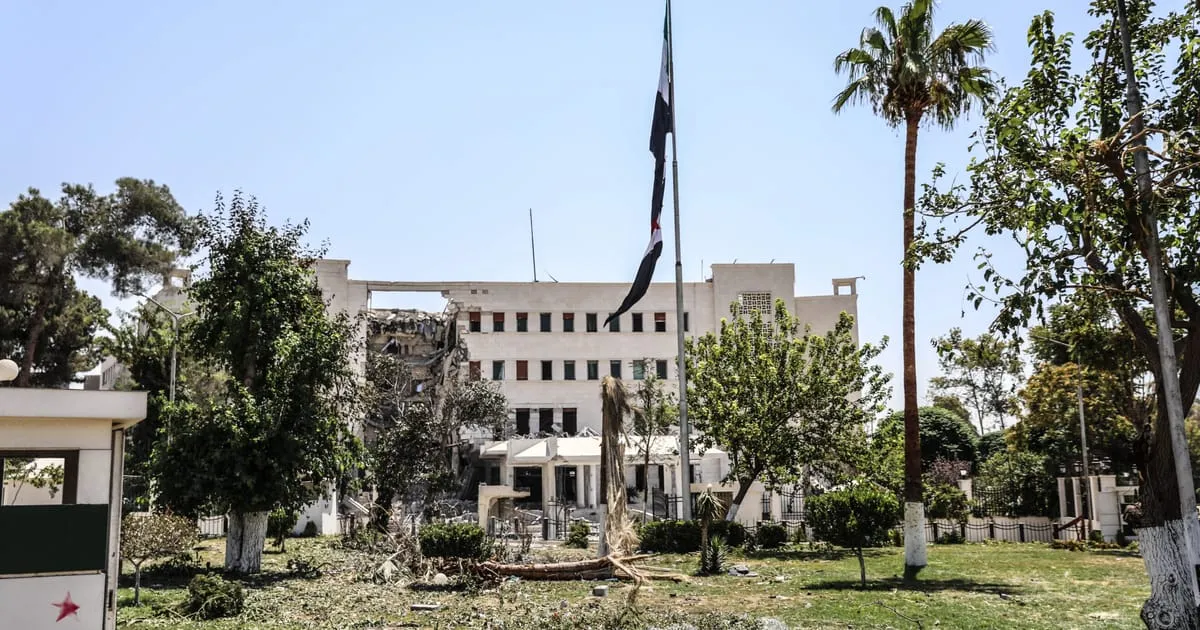
In a significant development, Israel and Syria have officially agreed to a ceasefire, as confirmed by both governments on Saturday. This truce comes in the wake of recent Israeli airstrikes targeting Syria earlier this week. Israel stated that these airstrikes were aimed at safeguarding the Druze minority, which has faced escalating violence in the region.
Syria's President, Ahmed al-Sharaa, alongside Israeli Prime Minister Benjamin Netanyahu, announced the ceasefire agreement following a statement from Tom Barrack, the U.S. special envoy for Syria and ambassador to Turkey. Barrack shared the news via social media, indicating that the ceasefire was a collaborative effort supported by neighboring countries, including Turkey and Jordan.
The Syrian presidency released a statement on Telegram, emphasizing the need for the ceasefire due to the “delicate circumstances” within the country. It highlighted the importance of saving Syrian lives, preserving the unity of Syrian territory, and ensuring the safety of its citizens. The statement declared, “In response to national and humanitarian responsibility, the Presidency of the Syrian Arab Republic declares a comprehensive and immediate ceasefire.”
In a recorded message, Prime Minister Netanyahu stated, “This is a ceasefire achieved through strength. Not through pleas, not through begging — through strength.” His remarks underline Israel's commitment to protecting the Druze community, which has faced significant threats amid ongoing tribal conflicts in Syria’s southern Sweida region.
In his social media post, Barrack called upon various communities, including Druze, Bedouins, and Sunnis, to lay down their arms. He urged these groups to work together with other minorities to forge a new, united Syrian identity based on peace and prosperity with neighboring nations.
The recent conflict in the Sweida region has resulted in hundreds of casualties, primarily due to clashes between the Druze community and other local tribes. In response to the violence, Israel conducted airstrikes in the Syrian capital of Damascus and other southern areas, asserting its role in protecting the Druze, who are also present in Israel and Lebanon.
On Friday, Israel reached an agreement allowing Syria to deploy troops in the Sweida region for a 48-hour period to help quell the ongoing clashes. This decision was reported by Reuters and indicates a potential shift in the dynamics of the conflict, aiming to restore some level of order in the region.
This ceasefire agreement marks a critical moment in the Israel-Syria relationship, highlighting the complexities of regional politics and the need for a collaborative approach to ensure peace and stability in the area.